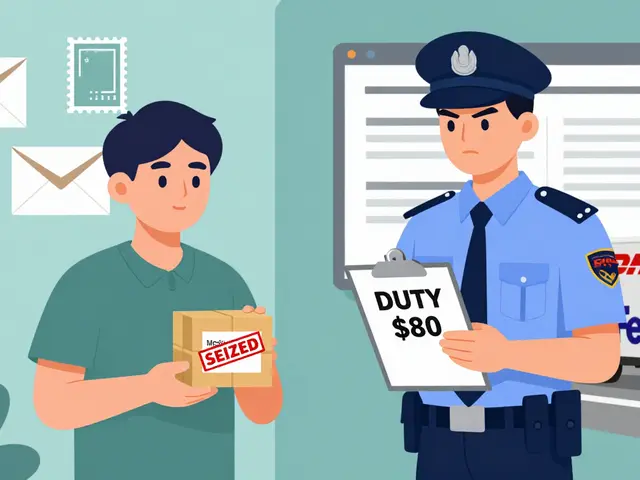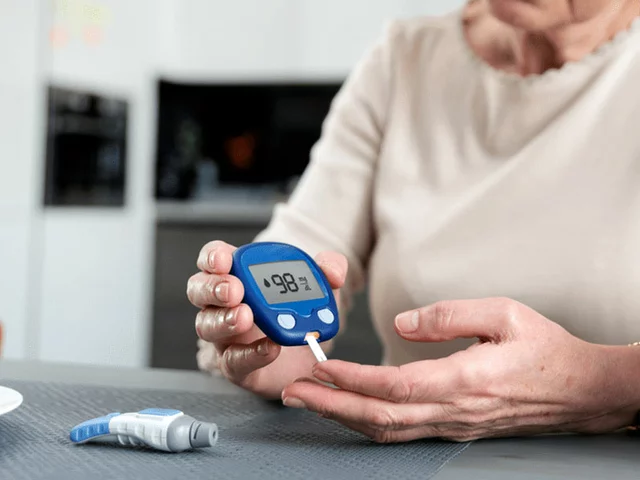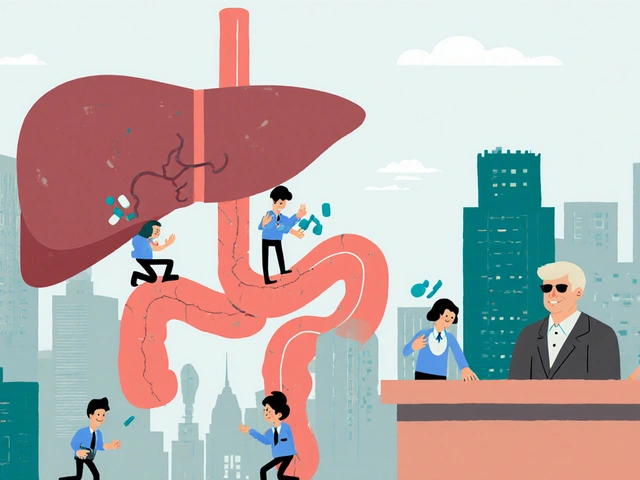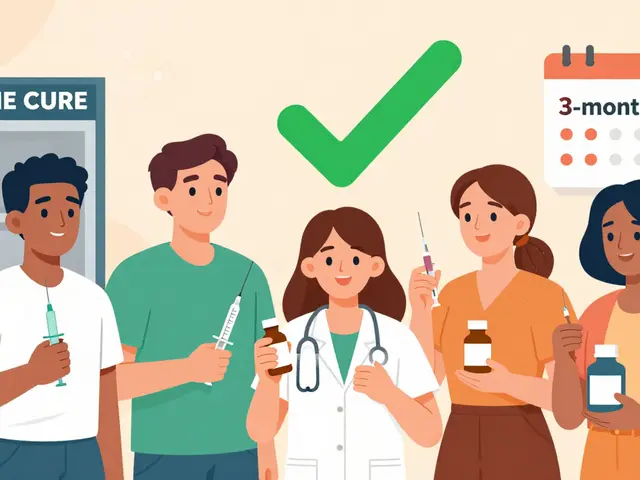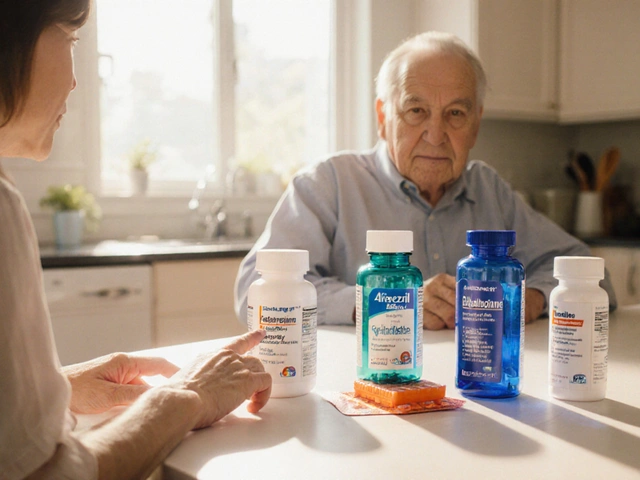Sleep Deprivation: Causes, Quick Fixes, and When Meds Matter
Can't sleep and tired all day? Sleep deprivation wrecks mood, focus, and health fast. This page gives clear, practical steps to sleep better tonight, explains how some medicines make sleep worse (or better), and tells you when to contact a doctor.
Why sleep loss matters and what it looks like
Missing sleep doesn’t just mean yawning. You may feel foggy, make mistakes, or have a shorter fuse. Over weeks it raises risks for weight gain, high blood pressure, and worse blood sugar control. If you nod off during routine tasks or drive tired, take that as a red flag.
Some medicines cause insomnia. Stimulant drugs, many ADHD meds, certain decongestants, and some antidepressants can keep you awake. Other drugs like benzodiazepines and antihistamines (hydroxyzine, meclizine) may make you drowsy but can still disturb sleep quality. If you started a new prescription and your sleep changed, check side effects and ask your prescriber.
Quick fixes you can try tonight
1) Set a simple wind-down routine: turn screens off 60 minutes before bed, dim lights, and do a calm activity like reading or light stretching. Your brain links that routine to sleep.
2) Cut caffeine after midday. That includes coffee, some teas, and many energy drinks. Caffeine stays in your system longer than you think.
3) Keep the bedroom for sleep only. No work or stressful scrolling. Cooler room and blackout curtains help many people fall asleep faster.
4) Short naps are okay. Limit naps to 20–30 minutes earlier in the day. Long naps near evening make night sleep harder.
5) Watch alcohol. It may make falling asleep easier but fragments sleep later. If you use alcohol to sleep, try cutting back and see if sleep quality improves.
6) Check meds and timing. If a medication lists insomnia as a side effect, talk to your doctor about changing the dose or taking it earlier. Never stop or change prescription timing without advice.
If your sleep problem is tied to mood, pain, or breathing (loud snoring, gasping), bring that up with your clinician. Sleep apnea, anxiety, and restless legs need targeted treatment.
When simple fixes fail, ask for help. A sleep specialist or your primary care doctor can recommend tests, adjust medications, or suggest CBT-I (a therapy that beats sleeping pills for long-term insomnia). If you feel dangerously sleepy while driving or your daily life is slipping, don’t wait.
Small changes add up. Start with one or two habits tonight—turn off screens, skip late caffeine, and keep a consistent wake time. If medicine might be the cause, check the label and talk to your prescriber. Better sleep often begins with one clear step.
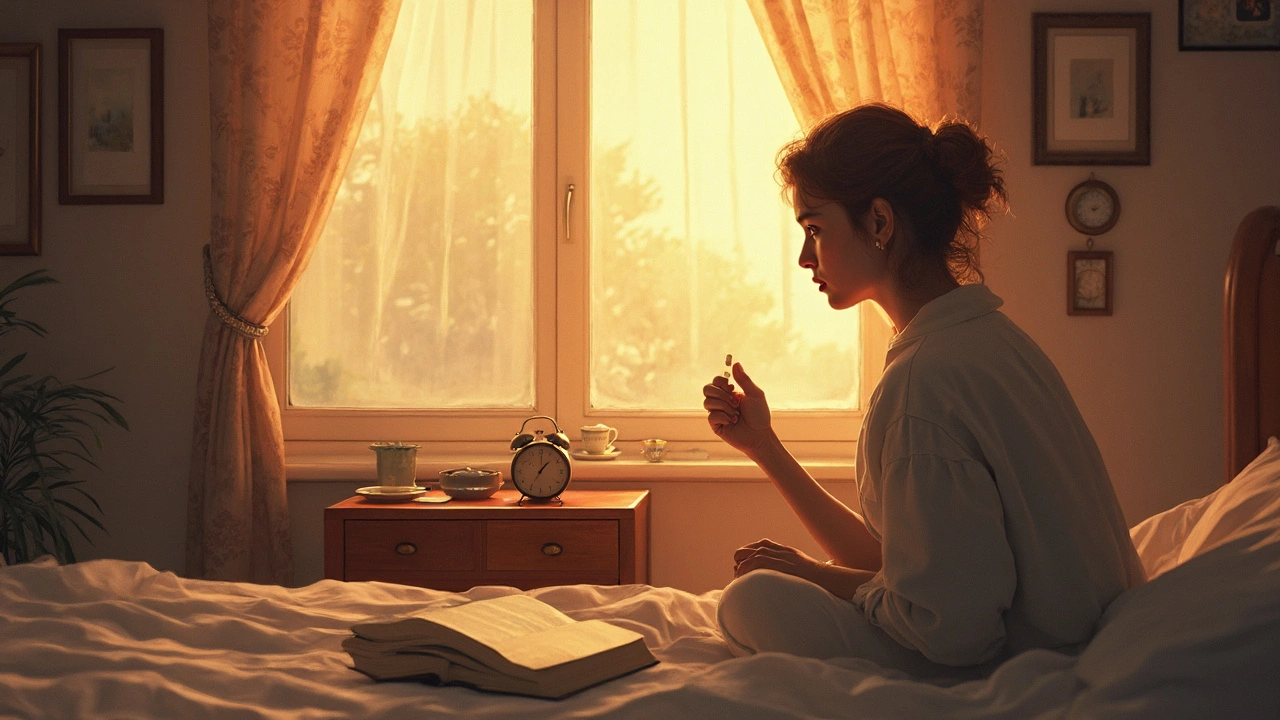
Doxylamine for Sleep: Does It Really Help You Recover from Sleep Deprivation?
Struggling with sleep debt and thinking about doxylamine? This article uncovers whether this common over-the-counter sleep aid actually helps you catch up on lost rest. We dig into how doxylamine works, what you need to watch out for, and whether it's a real solution for sleep deprivation. You'll get practical tips, straight-up facts, and a dose of New Zealand perspective on rest and recovery. Dive in for the truth about doxylamine and sleep.
View More
